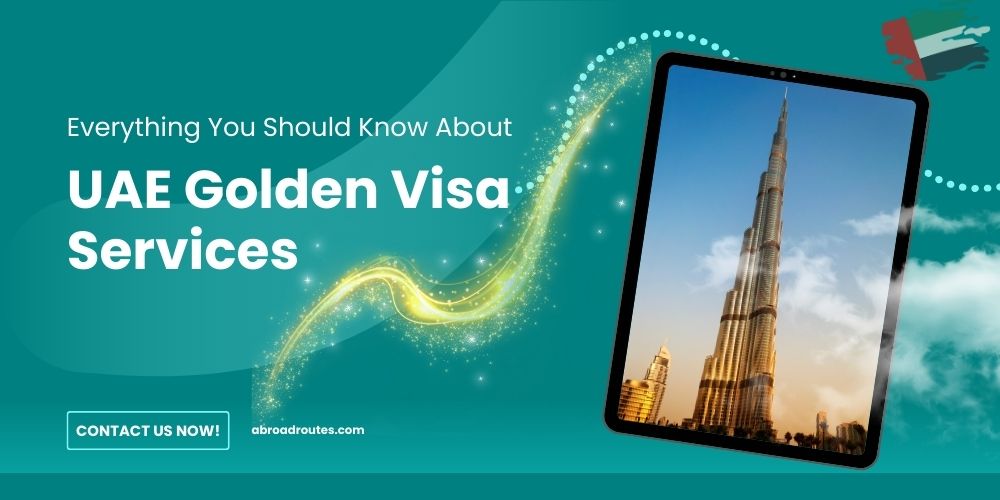
Portugal is more than a beautiful travel destination; it's a place where many choose to build a new life. As someone who has successfully made the transition from a tourist to a resident in Portugal, I can share firsthand experiences and insights that might make your journey smoother. If you're contemplating leaving Dubai's skyline for Portugal's serene landscapes, this guide is for you.
Why Portugal?
Portugal offers a blend of rich history, stunning landscapes, and a warm climate. The quality of life here is exceptional, with a slower pace that allows you to truly enjoy every moment. From the bustling streets of Lisbon to the tranquil beaches of the Algarve, Portugal has something for everyone.
Getting Started: Visas and Documentation
Understanding Visa Types
When moving from Dubai to Portugal, the first step is understanding which visa suits your needs. The most common options are:
- Residence Visa: Ideal for those planning to live in Portugal for more than a year.
- Golden Visa: For investors who purchase property or make significant economic contributions.
- D7 Visa: For retirees or those with passive income.
Application Process
Applying for Portugal visa involves gathering documents such as your passport, proof of income, health insurance, and a clean criminal record. The process might seem daunting, but breaking it down into manageable steps helps.
Cost of Living
Portugal offers a relatively low cost of living compared to Dubai. Monthly expenses, including rent, groceries, and transportation, are more affordable. Here’s a quick comparison:
- Housing: Renting a one-bedroom apartment in Lisbon might cost around €800-€1,200, whereas in Dubai, it could be double.
-Groceries: Local markets offer fresh produce at reasonable prices.
- Transportation: Public transport is efficient and cost-effective.
Finding a Place to Live
Choosing the Right City
Each region in Portugal has its charm. Here are some popular choices:
Lisbon: The capital city with a vibrant cultural scene.
Porto: Known for its wine and historic architecture.
Algarve: Perfect for those who love the beach and a relaxed lifestyle.
Renting or Buying
Consider renting initially to get a feel for the neighborhood. Websites like Idealista and OLX are great resources. If you decide to buy, Portugal's real estate market offers diverse options.
Healthcare
Portugal has an excellent healthcare system. Both public and private options are available. Expats often opt for private health insurance for quicker access to specialists.
Education
If you're moving with family, Portugal has reputable international schools, especially in Lisbon and Porto. Public schools are also an option, with increasing numbers offering bilingual education.
Language
While many Portuguese people speak English, learning basic Portuguese can greatly enhance your experience. Language schools and online courses are helpful.
Connecting with the Community
Expat Groups
Join expat communities to meet people who have made similar transitions. Groups on social media platforms and local meetups can provide support and friendships.
Local Integration
Embrace local customs and traditions. Attend festivals, explore local cuisine, and engage with your neighbors. The Portuguese are known for their hospitality and warmth.
Permanent Residency Requirements
Eligibility
To apply for permanent residency in Portugal, you must meet certain criteria, which include:
- Five Years of Legal Residency: You must have legally resided in Portugal for at least five consecutive years. This can be through any combination of visas such as the Residence Visa, Golden Visa, or D7 Visa.
- Proof of Stable Income: Demonstrating a stable income that allows you to support yourself and any dependents. This can include employment income, pension, or passive income.
- Health Insurance: Proof of health insurance coverage, either through the public healthcare system or a private insurance policy.
- Clean Criminal Record: A certificate showing no criminal history from both Portugal and your home country.
- Basic Portuguese Language Skills: You should have a basic understanding of Portuguese, typically at the A2 level, which can be proven through a language test or course certificate.
Required Documentation
When applying for permanent residency, you will need to submit:
- Valid Passport: With copies of all pages.
- Residency Card: Proof of your legal residency status in Portugal.
- Income Proof: Bank statements, employment contracts, or proof of pension/passive income.
- Health Insurance Certificate: Documentation of your health insurance coverage.
- Criminal Record Certificate: From both Portugal and your home country.
- Language Certificate: Proof of Portuguese language skills
Wrapping Up
Moving from Dubai to Portugal is a big step, but one that promises a rewarding lifestyle change. By understanding the visa process, preparing for living costs, and integrating into the community, you can make a smooth transition from tourist to resident. Portugal’s rich culture, friendly people, and beautiful landscapes await you. If you're ready to take the leap, embrace the journey and look forward to making Portugal your new home.
FAQ's
1. What is the best visa option for someone planning to work remotely from Portugal?
The D7 Visa is a great option for remote workers as it caters to those with passive income or freelance work.
2. How long does the visa application process take?
It typically takes 3-6 months, depending on the visa type and the completeness of your application.
3. Do I need to learn Portuguese to live in Portugal?
While it’s not mandatory, learning Portuguese is highly beneficial for everyday interactions and fully experiencing the culture.
4. How can I transfer my finances from Dubai to Portugal?
Banks like HSBC and other international banks can facilitate the transfer. It’s advisable to open a Portuguese bank account once you arrive.



